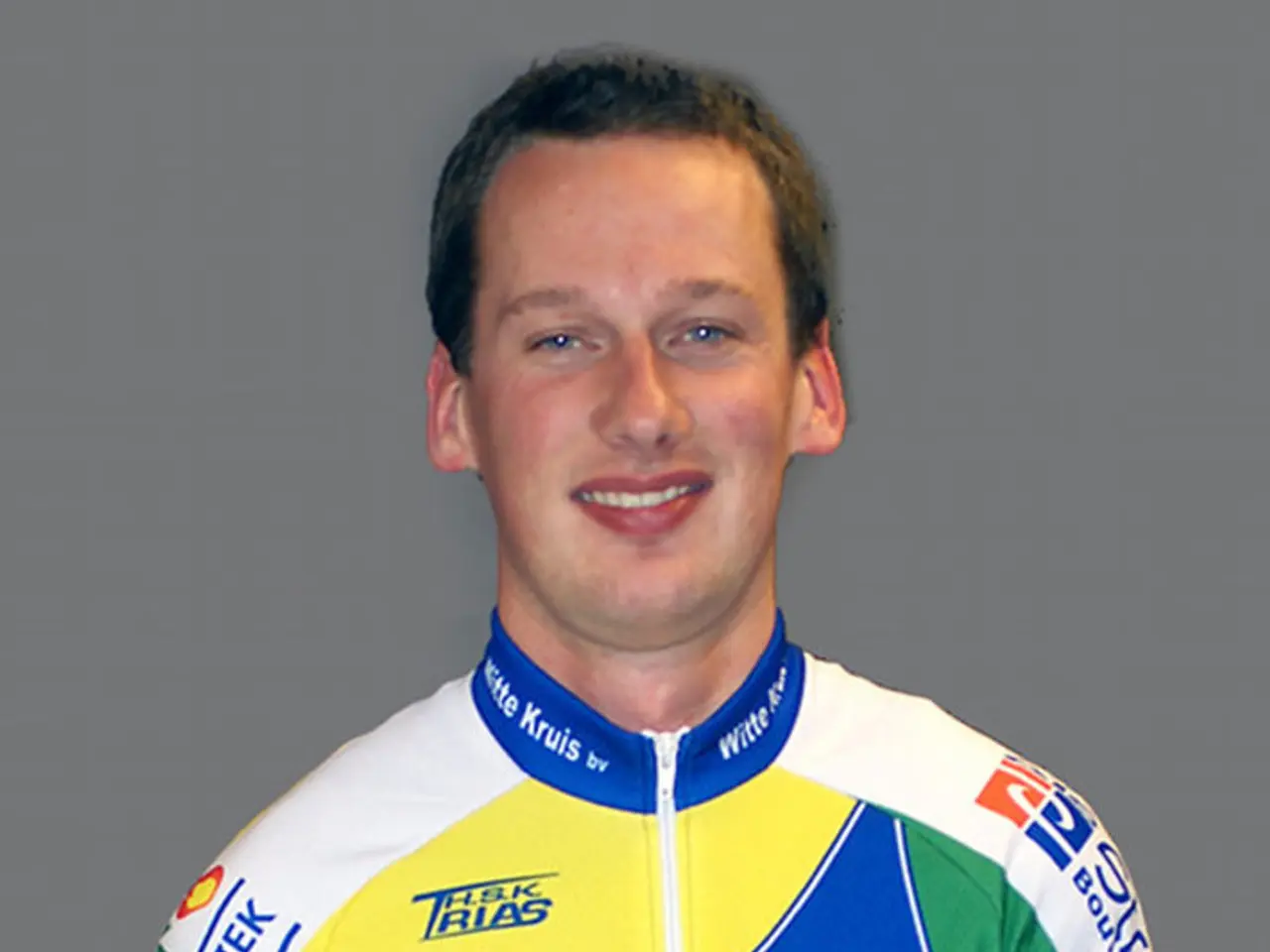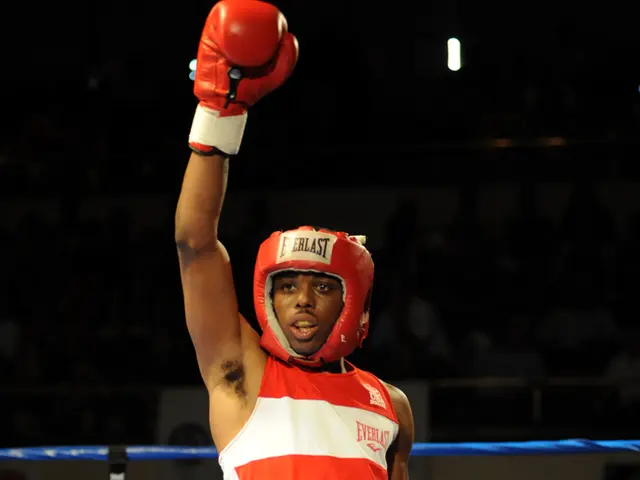Examination of Rickie Fowler's Performance in the FedEx Cup Sparks Debate
In the world of professional golf, the topic of sponsor invites is a contentious one. These invitations, essential for the financial backing of golf tournaments, have been a key factor in Rickie Fowler's progression to the BMW Championship this year.
Fowler's recent strong performances, particularly his T6 finish at the Travelers Championship, have allowed him to advance through the FedEx Cup Playoffs without relying heavily on sponsor invites for next season. His climb from 64th to 48th in the FedEx Cup standings demonstrates that he has capitalized on the opportunities afforded to him by these invites, validating their merit in high-profile tournaments like the BMW Championship.
Sponsor invites serve a dual purpose. They provide a platform for popular, marketable players like Fowler—who may have struggled earlier in the season—to compete in high-profile tournaments. This boosts ticket sales, TV ratings, and media interest, all vital for the Tour's financial ecosystem. This is why Fowler continues to receive such invitations despite some criticism, as sponsors and tournament organizers value his fanbase and commercial appeal.
However, criticism arises because these invites can appear to give certain players an unfair advantage over those who qualify purely on points. Fowler's entry into the top 50 was by a slim 70 points, highlighting how points earned in sponsor-invite events significantly influenced his standing. Yet, since he has demonstrated sufficient competitive performance once given the chance, many view this system as a practical balance between meritocracy and the business realities of professional golf.
Rickie Fowler's career spans 15 years, making him one of the biggest names in golf. His likeable persona and impressive performances generate significant media coverage, further justifying his presence in high-profile tournaments. Despite not performing exceptionally well in the Signature Events he played this year, his biggest week of the year in terms of FedEx Cup points came at The Memorial Tournament, where he finished T7th.
The PGA Tour operates a meritocracy system where results are earned via scores shot on the golf course. However, the need to keep sponsors on-side means that there isn't much that can be done to limit sponsor invites. In an ideal world, a player should only be allowed one or two sponsor's invites per season to keep it fair. Yet, the PGA Tour may either completely stop sponsor's invites into its biggest events or accept that corporations have the right to add whoever they choose to their tournament fields.
In conclusion, while not without debate, the current use of sponsor invites in PGA Tour Signature Events aligns with both competitive and commercial interests, especially in cases like Rickie Fowler’s 2025 FedEx Cup progression. His qualification for the BMW Championship, after a gap of two years, underscores the impact of these invites in sustaining the viability of high-profile tournaments and the careers of popular, marketable players like Fowler.
Sponsor invites are useful for giving popular players like Fowler, who might have struggled earlier in the season, the opportunity to compete in high-profile tournaments, boosting ticket sales, TV ratings, and media interest. Despite some criticism, Fowler's progression to the BMW Championship this year, with his T6 finish at the Travelers Championship and T7th at The Memorial Tournament, demonstrates that sponsor invites can provide a platform for players to capitalize on opportunities and validate their merit in these tournaments.






